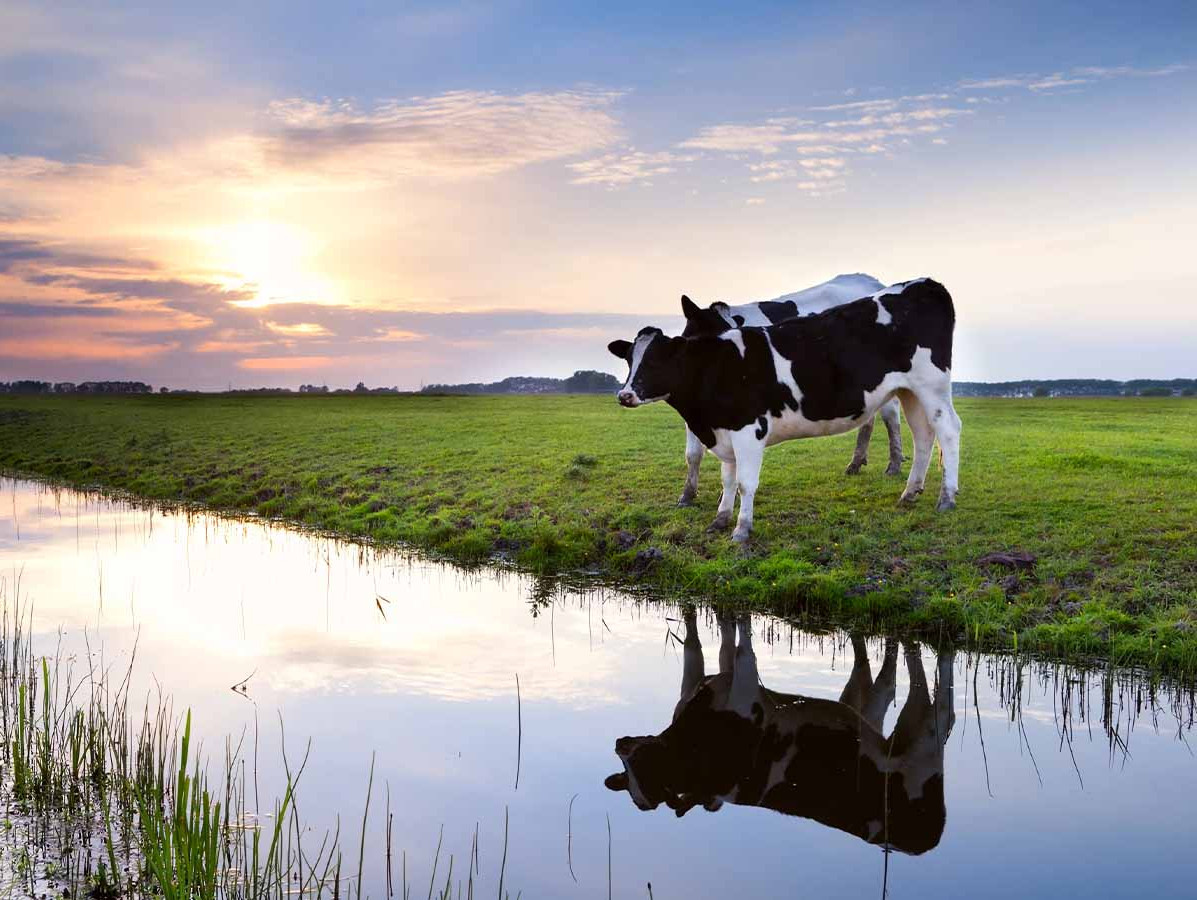
A recent study by Van Hall Larenstein and NIZO Food Research reveals that significant reduction of the carbon footprint in the food processing industry is possible. Researchers Peter de Jong, Franciska Woudstra-van Lune, and Anne van Wijk demonstrate that achieving 99% circular valorisation of residual streams by 2030 is feasible. Additionally, this could reduce CO2 emissions by 80%. Their findings, published in 'Addressing Challenges in Sustainable Nutrient Production: A Call for Innovation', offer fresh perspectives in the sustainable food debate.
The study indicates that semi-skimmed milk currently excels in nutritional value, environmental impact, and market price. The scientists highlight that, despite the growing popularity of plant-based alternatives, these still lag in terms of climate impact and nutritional value. Processing plant-based proteins requires three times more energy compared to those from cow's milk, casting a critical light on current trends in the food industry.
The research also underscores the need for innovation in the production of plant proteins. Simultaneously, producers of animal products, like dairy, must work towards reducing their CO2 footprint. A blend of plant and animal sources could lead to a more sustainable and climate-friendly food system. The concept of hybrid products, combining both plant and animal proteins, is seen as a promising path forward.
Peter de Jong stresses the importance of collaboration among various players in the food chain. With effective, transparent, and circular cooperation, supported by academic institutions, the CO2 footprint of food processing can be drastically reduced. This aligns with the goals of 'Fascinating', a program by the Institute for Sustainable Process Technology (ISPT), which includes Van Hall Larenstein and NIZO Food Research as partners. 'Fascinating' focuses on developing solutions like feed additives and herb-rich pastures, aimed at enhancing both dairy and plant proteins.
Source: Fascinating